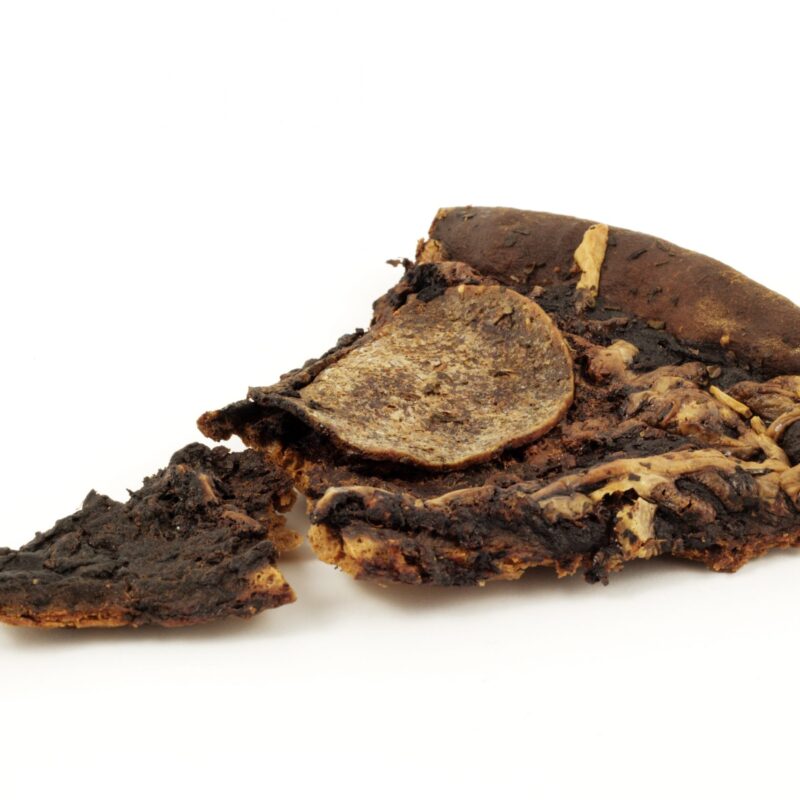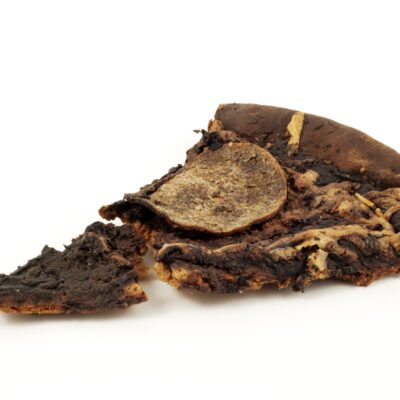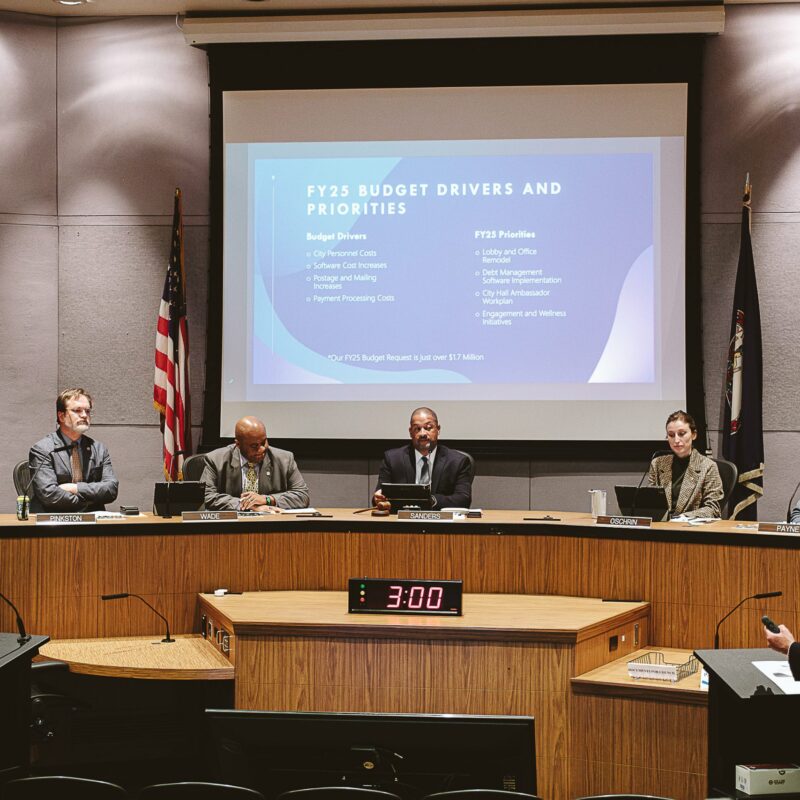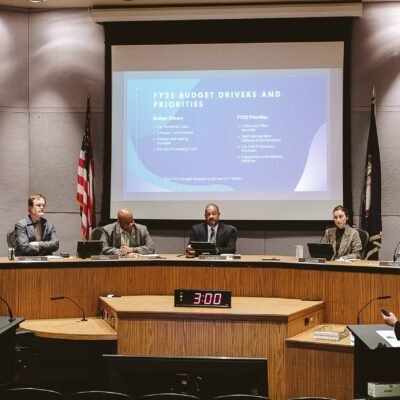It became difficult almost immediately to make heads or tails of how Bush administration lawyer and law professor John Yoo’s appearance at the Miller Center of Public Affairs should proceed.
He came to speak about his book on executive power, Crisis and Command, but was asked repeatedly by members of his audience to speak about his "torture memos," used as justification for interrogation tactics employed at Guantanamo Bay. The Miller Center’s description of the event referred to both writings, but the din inside the Miller Center was enough to wonder whether he covered either to the satisfaction of his audience.
Protests of Yoo’s legal work began before he took the podiumand continued through the afternoon on the grounds opposite Minor Hall at UVA, where Yoo planned to speak at 3:30pm. During a 30-minute Q&A session in which only six people were able to ask questions, one man was led from the room by police. After shouting to Yoo directly, he addressed the audience: "I can’t believe that you all would actually tolerate a war criminal in your midst! It speaks volumes about this country and the state that we’re in!"
George Gilliam, chair of the Miller Center’s Forum series, expressed "great personal sadness" at the behavior of the audience, and reminded them that during his seven years at the center, there was no shortage of controversial speakers. "But we’ve always afforded them respect, even if we don’t agree with them. Even if we passionately disagree," said Gilliam. "We pride ourselves in this room on extending simple civil courtesy to our speakers. And we will continue to do whatever we need to to preserve that atmosphere in this room."
Yoo seemed unfazed, with little change to his posture or tone of voice through the course of the event. He discussed the genesis of his book—a ranking of presidents from best to worst, and how their relationships with the constitution differ. He concluded with three points: (1) Framers of the Constitution created the presidency "specifically to handle emergencies, unforseen crises and war"; (2) Other branches of the Federal government have the ability to check the executive branch; and (3) Presidents who expand executive power during their time in office do so "knowing and understanding that they are going to be attacked, that it will trigger a violent reaction in the political system."
And, as the man behind memos that many believe expanded executive power to an unconstitutional degree, Yoo stood at the podium straight-faced while a type of the same reaction played out in the Miller Center. Sometimes he answered them directly. ("John, what about the torture memos? Can we talk about those?" Yoo replied, "We’ll get to that, don’t worry," and thanked Gilliam at another point for "duplicating a Berkeley atmosphere.) Other times, the audience quited itself. ("There’s nothing that justifies torture, John Yoo," was met with calls of, "Oh, shut up" and "Throw her out.")
Ultimately, five people were removed from the Miller Center during Yoo’s forum, more than one held by law enforcement. Lieutenant Melissa Fielding of the UVA Police Department, present at both the Miller Center and the protest near Minor Hall, said that two more individuals were asked to leave the Minor Hall protest, and said that no one had been charged as of roughly 3:30pm. She also said that she has not witnessed protests of this magnitude during her time at UVA.
The protests at UVA attracted a number of local officials, including City Councilor Kristin Szakos and Charlottesville Mayor Dave Norris. In the minority was a single man with a sign that read "John Yoo, Patriot, Thank You!" While being interviewed, the man’s comments were obscured by another man who carried a large, brass horn.
Without Yoo’s physical presence, those gathered to protest moved at a more steady rate, between local speakers and chanted slogans—a departure from the rocky proceedings at the Miller Center. Had the man appeared again, however, it’s anyone’s guess as to how the nature of the community response might have changed. As I left, one protestor approached another near the solitary Yoo supporter. "Don’t incite him," she said. "It’s better to just ignore him." For Yoo, however, plenty more local citizens felt otherwise.





